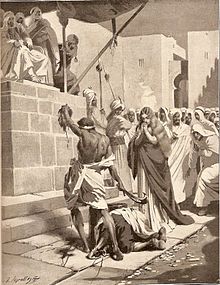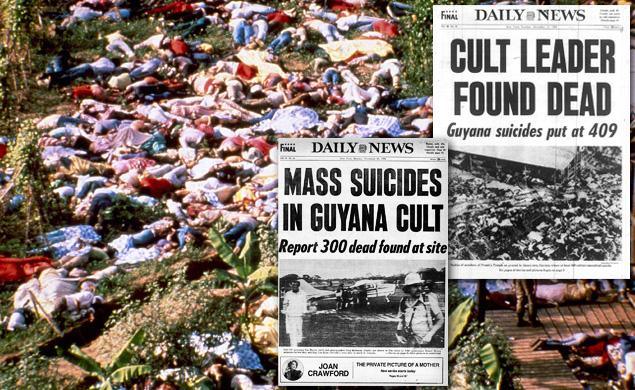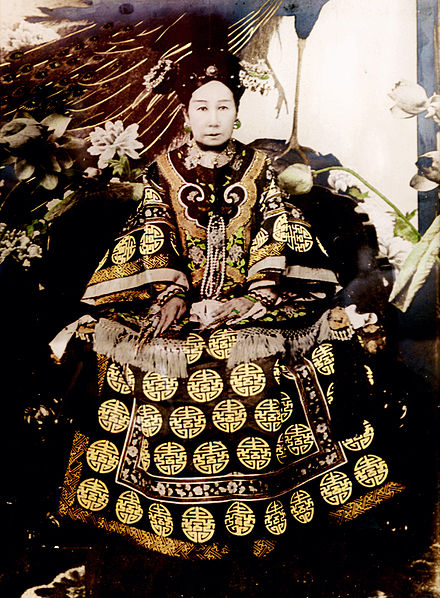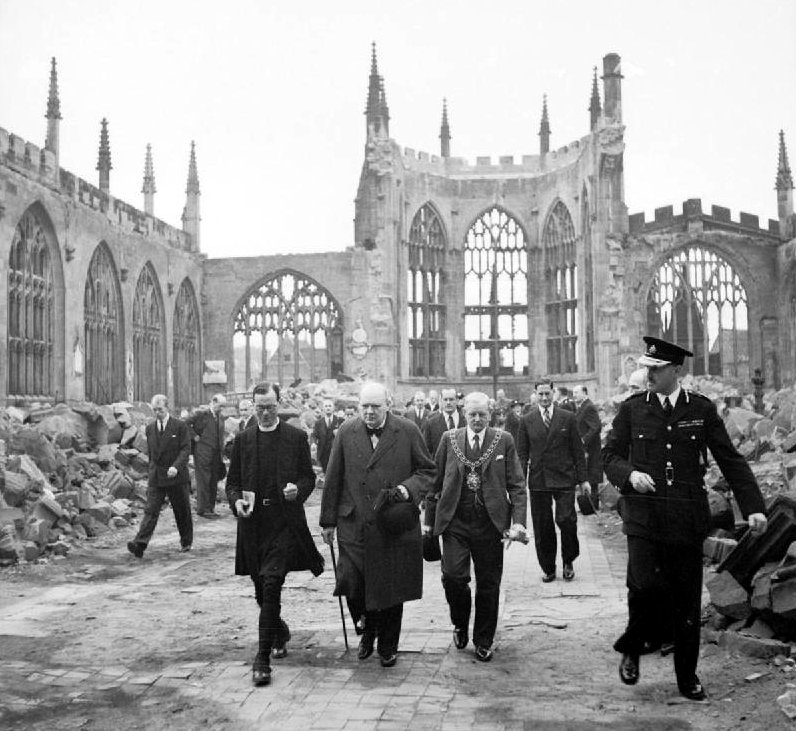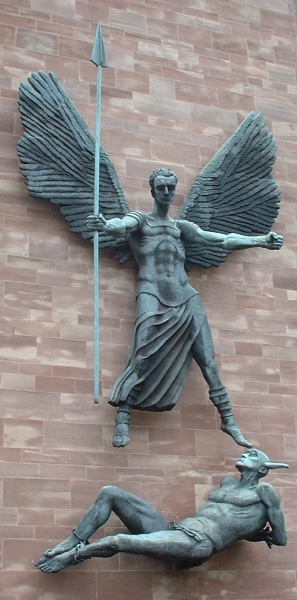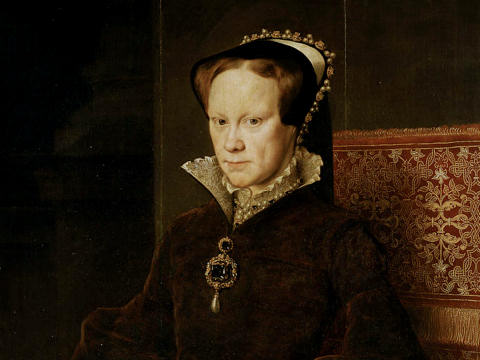851
The Martyrs of Cordoba
In 711 a Muslim army of North African Arabs and Berbers crossed into Spain and within a few years extinguished the Visigothic kingdom, leaving Christian rulers holding on only to an enclave in the mountainous northwest. In time this Muslim conquest became the sophisticated Umayyad caliphate with its capital at Cordoba. The Jewish and Christian population was allowed a degree of local self-government and permitted to carry on their worship, subject to payment of a tax and certain legal restrictions that kept them in a state of social inferiority. There was no forced conversion but the burdensome laws made it attractive for many to adopt Islam. In 851 an astonishing series of voluntary martyrdoms was carried out in order to demonstrate that there were still Christians who were willing to die for their faith and to serve as an example to their weaker-minded coreligionists.
This phenomenon began with a monk named Isaac who had once served the caliphate as a trusted civil servant. In June 851 he publicly denounced Muhammed and Islam. For this blasphemy he was beheaded and his body hung by the feet for others to contemplate the fate of those who challenged the Prophet. The caliph Abd ar-Rahman II threatened the same punishment to any Christian who followed Isaac’s example. Two days later, Sanctius, a young soldier, did exactly that and was decapitated. Within days he was followed by another six who presented themselves to the Muslim authorities and proclaimed “We abide by the same confession, O judge, that our most holy brothers Isaac and Sanctius professed. Now hand down the sentence, multiply your cruelty, be kindled with complete fury in vengeance for your prophet. We profess Christ to be truly God and your prophet to be a precursor of Antichrist and an author of profane doctrine.” They too were duly executed.
The caliph further responded by imprisoning the Christian community’s leadership, which slowed, but did not halt the voluntary martyrdoms — nor were they halted by appeals from Christian clergy. Collective punishments of Christians followed: many lost official positions, churches were destroyed, harsh laws were strictly enforced. The self-sacrifices continued throughout the decade with 48 people, men and women, dying for professing their faith. On this day in 851, two women, Flora and Maria, were killed for blasphemy and apostasy.
